|
What is dyslipidemia? Dyslipidemia is a dysregulation of the fats in the blood. It is one of the factors in the onset of cardiovascular diseases, one of the biggest causes of death worldwide. It may have hereditary origin or it may be related to lifestyle. Dyslipidemia is clinically characterized by:
Dyslipidemia - risk factors
Fats in the blood
What are the health consequences of excess fats in the blood?
Fats in foods Saturated fat - solid fats at room temperature; too much consumption can cause an increase in LDL cholesterol. Monounsaturated fat - liquid fat at room temperature; its consumption can help lower LDL cholesterol. Polyunsaturated fat - liquid fat at room temperature; it comes in two forms:
Trans fat - obtained from the hydrogenation process of unsaturated fatty acids; associated with increased triglycerides, LDL cholesterol and decreased HDL cholesterol. Cholesterol - exists in two types: HDL cholesterol and LDL cholesterol (as noted above); the imbalance between these two types of cholesterol is an important risk factor for cardiovascular disease. Cholesterol can be produced by our body (liver) or come from animal food sources. What is the treatment for dyslipidemia? Dyslipidemia can be reversed through lifestyle changes, specifically diet and physical activity. This is the first line of treatment. Medication should be the second line of treatment when lifestyle changes have not been effective. What are the dietary recommendations to treat dyslipidemia? The European Society of Cardiology and European Atherosclerosis Society, established as healthy cholesterol parameters for individuals at low risk of developing cardiovascular disease, the following: Total cholesterol < 190 mg/dL LDL cholesterol < 115 mg/dL HDL cholesterol > 40 mg/dL (men) and > 45 mg/dL (women) Hypercholesterolemia - dietary recommendations based on the principles of Mediterranean food
Hypertriglyceridemia - dietary recommendations based on the principles of Mediterranean food The same recommendations as above, with the addition of the following:
Hypolipidemia (low HDL cholesterol) - dietary recommendations based on the principles of Mediterranean food
Myths in dyslipidemia Egg The consumption of eggs was once inadvisable for people with high cholesterol levels. However, the most recent recommendations indicate that consumption of up to one egg a day does not increase blood cholesterol levels and the risk of cardiovascular disease, as long as this is done within a healthy lifestyle pattern. Studies have shown that excessive consumption of saturated fat and trans fats has a greater effect on raising blood cholesterol than consumption of foods high in cholesterol. Prawns Prawns, despite being high in cholesterol, like eggs, have very low levels of saturated fat. As mentioned above, cholesterol from food does not influence the increase in blood cholesterol, but excessive consumption of saturated fat does. Therefore, its consumption is allowed, within a healthy lifestyle pattern. Coconut oil Coconut oil has received particular attention recently as a very beneficial food for health. However, from a nutritional point of view, it is rich in saturated fat (approx. 82%), which means that its consumption should be limited for people with high levels of blood cholesterol. This can and should be replaced by olive oil, in moderation. Conclusion
Dyslipidemia is a dysregulation in blood cholesterol levels, which increases the risk of cardiovascular disease, the leading cause of death worldwide. Dyslipidemia can be reversed through lifestyle changes: adopting the principles of Mediterranean diet and physical activity. Consult a dietitian if you are concerned about your cholesterol levels. Joana Jardim UK Registered Dietitian MSc Clinical Nutrition Founder of Your Diet Advice Bibliography DISLIPIDEMIAS: CARACTERIZAÇÃO E TRATAMENTO NUTRICIONAL, Associação Portuguesa de Nutrição, disponível em https://www.apn.org.pt/documentos/125048-Dislipidemias_07_28.9.2018.pdf, acedido em 28/09/2021 Cholesterol: Food Fact Sheet, British Dietetic Association, disponivel em https://www.bda.uk.com/resource/cholesterol.html, acedido em 28/09/2021 Oxford Handbook of Nutrition and Dietetics (Oxford Medical Handbooks), 2nd Edition
1 Comment
|
Categories
All
AuthorHi, I'm Joana, a Portuguese registered dietitian in the UK. I am passionate about helping others achieving their health goals. Archives
June 2024
|

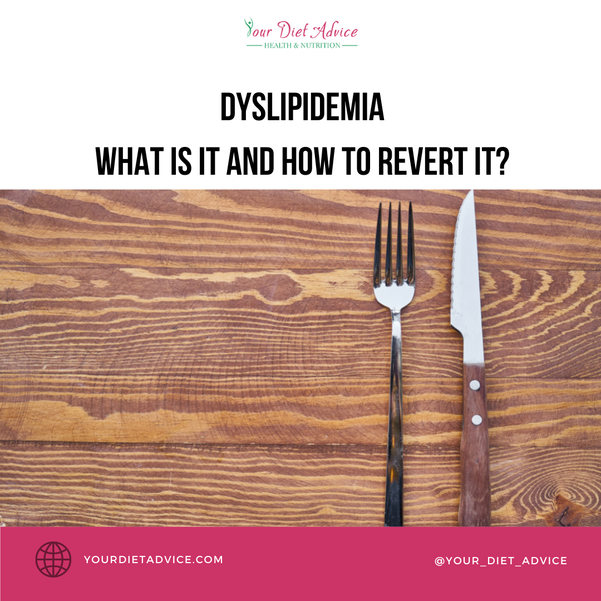
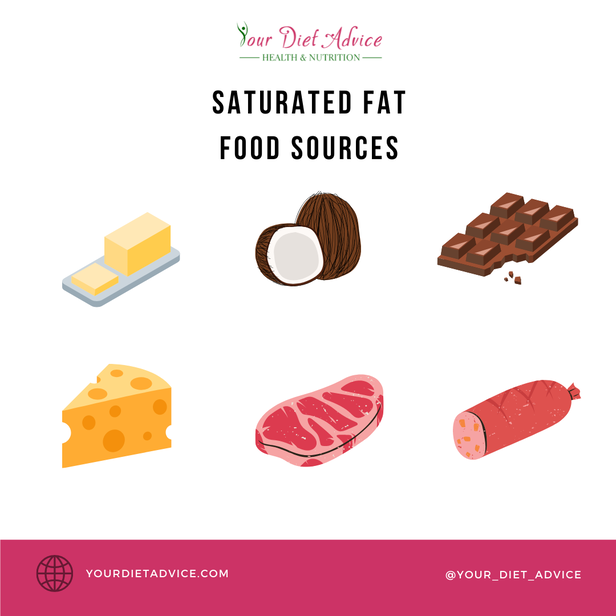
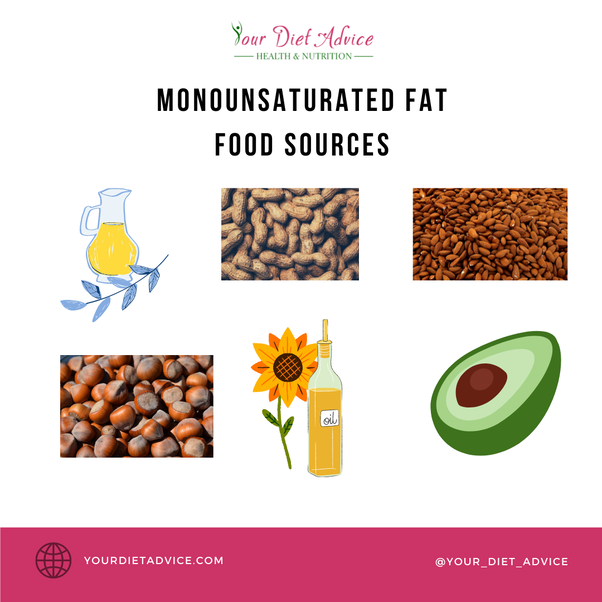
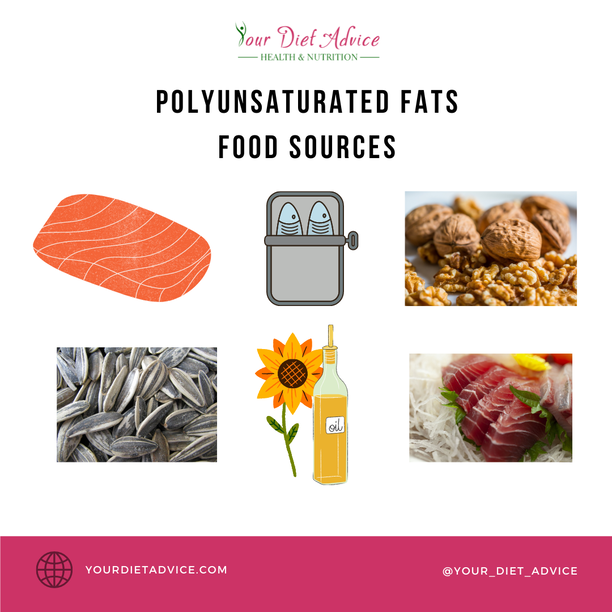
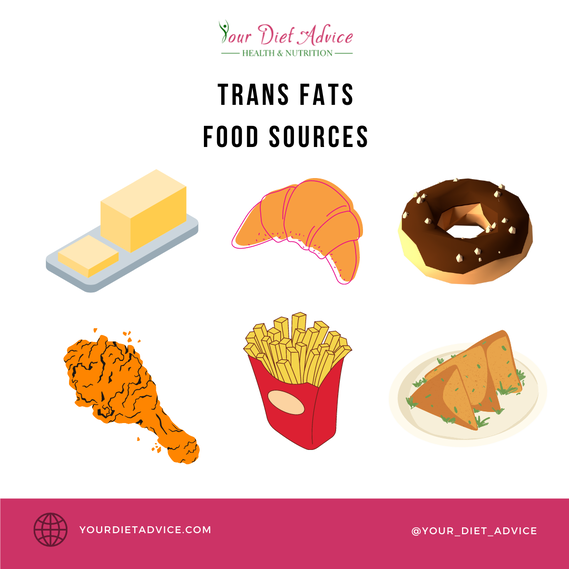
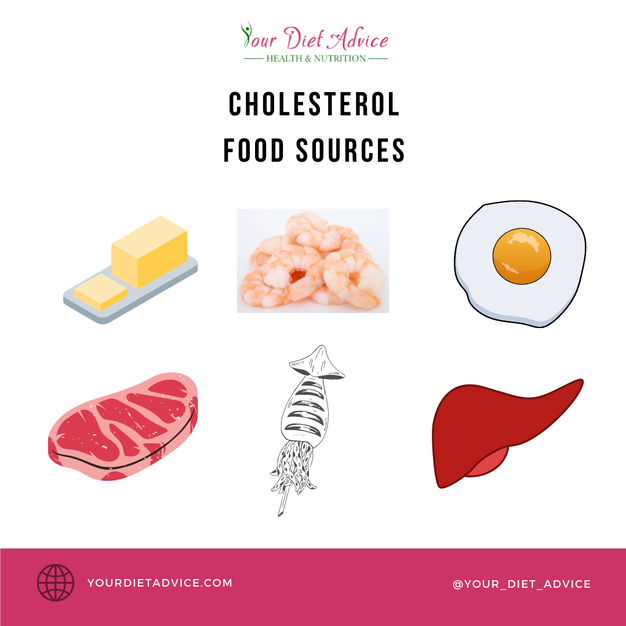
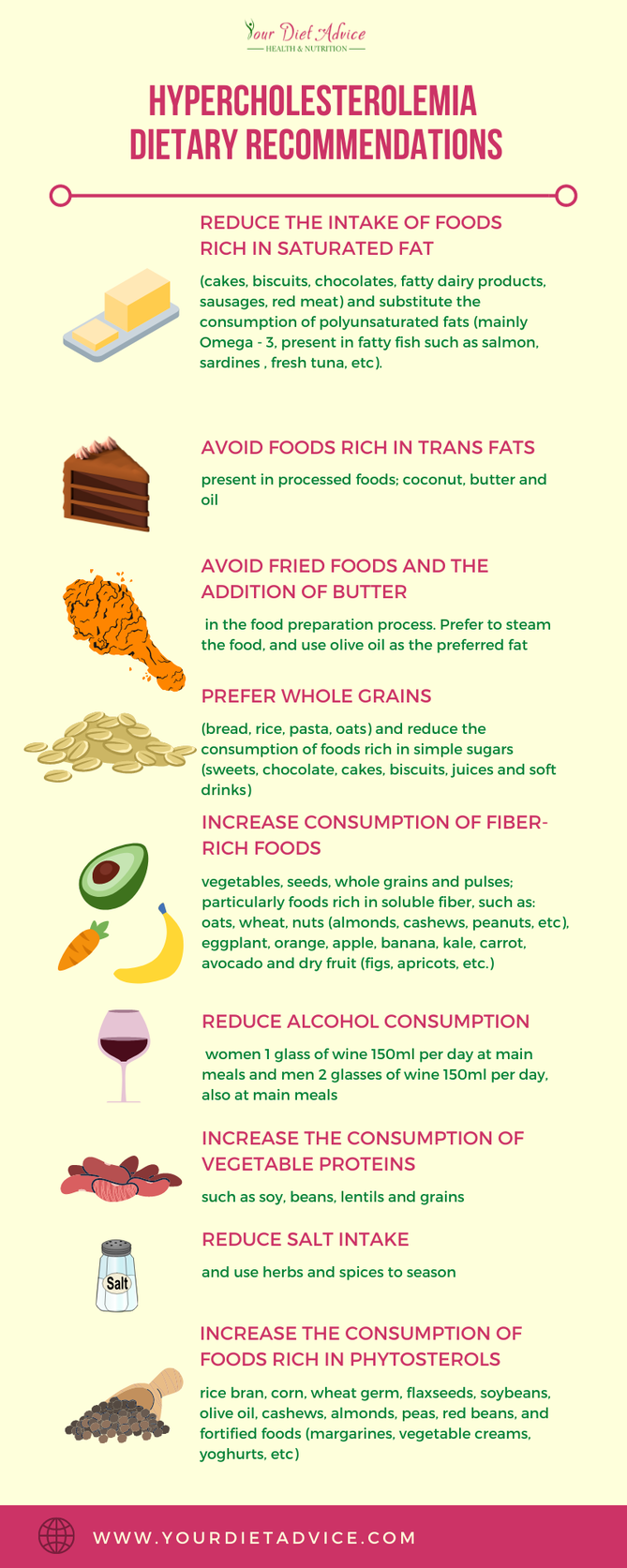
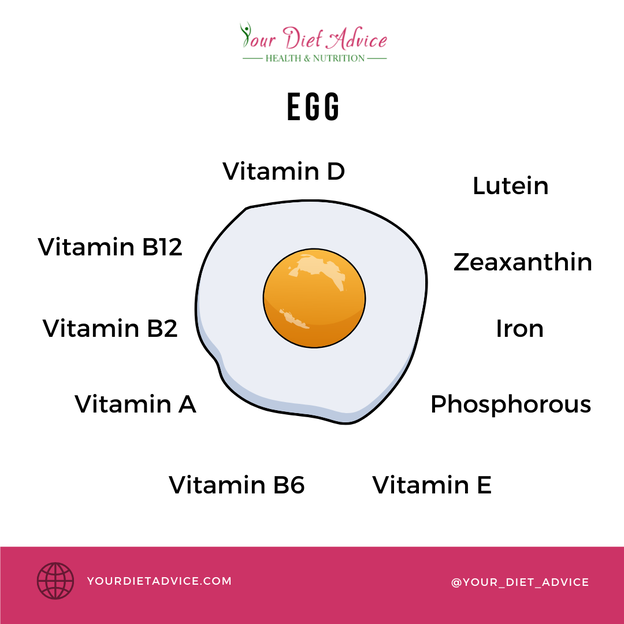

 RSS Feed
RSS Feed